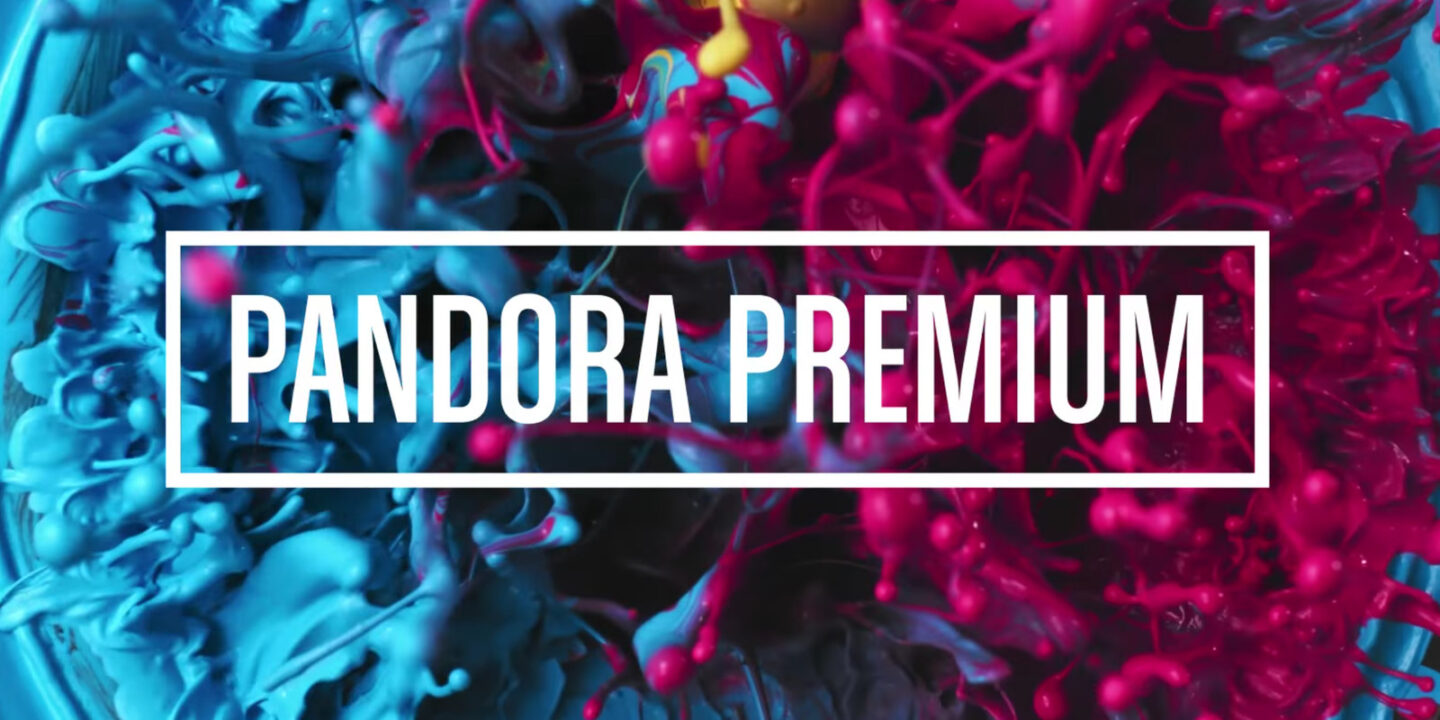
Pandora announced today that CEO Tim Westergren has stepped down from his role as chief executive and is giving up his seat on the board. This is the second departure for Westergren, who helped found the company and took it public. He transitioned to a strategy role after the IPO while Pandora was ran by a series of professional managerial types. Westergren returned to the helm in 2016 as Pandora, struggling to turn a profit, ventured into the on-demand streaming space occupied by Spotify and Apple Music.
Sirius XM, which provided Pandora with a major cash infusion this month, is reportedly not keen on the development of a premium on-demand service, which had been championed by Westergren. His departure opens up doubts about how committed the company will be to its new service. Of course, without that lifeline, Pandora returns to its central problem: its inability to turn a profit on its personalized radio service, which is largely ad-supported.
Ben: So here’s my big question: does Pandora have a path to profitability? And if it doesn’t, can it stay public, or will it need to find a way to be acquired or go private? We know, based on the quarterly earnings reports, that the growth of its traditional radio business has been slowing down in recent years, and that it struggled to turn a consistent profit on those ads. It did have a paid tier with some fancy features, but that never seemed to catch on.
Now, the paid streaming service was meant as a way to diversify its revenue streams and boost profitability. But there are two big problems there. So far, Pandora’s efforts seem to have little traction with consumers. Second, and more importantly, Spotify shows that even at 30 million paid subscribers, it can be nearly impossible to turn a profit on streaming music, since upwards of 70 percent of your revenue is flowing back out the door to pay rights holders their royalties.
Dani, Micah, do either of you see a way forward for Pandora? Something that could really change their narrative?
Micah: I wouldn’t count them out yet. It depends on how you’re looking at it. From Westergren’s perspective, he came back, ignited a new revenue stream, and got Pandora $480 million in new capital to maximize it with. Given that the streaming service is only three months in, I’m not willing to say it’s DOA, but it certainly needs to pick up the pace if it wants to compete on a global scale. There are a few ways Pandora can turn this around
Tidal has less than 4 million subscribers at last count, but somehow it’s turned into a $600 million business. Deezer is still alive with around 6 million subscribers. Just because Pandora doesn’t have Spotify or Apple Music numbers doesn’t mean it can’t continue to operate. And let’s not forget the 78 million users Pandora has on the ad-supported tier. There aren’t many companies with that amount of users that die off that often, and I don’t expect Pandora to be the exception.
Dani: Absolutely it has a way forward. Pandora doesn’t need to be the biggest to survive, it needs to have valuable differentiators. I’m wondering what will happen with connected cars now that Sirius has a stake in Pandora. Individually they’re two of the biggest options for satellite radio in cars. Joining forces on that front could be an edge other companies can’t currently compete with. As far as Tidal, it has a valuation of $600 million, but it’s still losing millions on revenue. Most streaming companies are in this same position as they try to figure out what the future of streaming will look like in the midst of every portion of the music industry from songwriters to labels trying to find common ground on payouts, promotion, and access.
Ben: Dani, you raised a really interesting point back in April, when you wrote about how strong the Pandora brand is with the country music community. This is an audience that, while not overlooked by other big streaming services, isn’t exactly being put front and center. If country fans are statistically more loyal and more likely to spend, perhaps Pandora’s play should to start spending on exclusives and marketing that target this audience, much like how Apple jump-started its streaming service with big-name exclusives from the world of hip-hop and R&B. At the very least, it would give it a way to differentiate what is otherwise a very “me-too” product playing catch-up in the on-demand streaming space.
Photo by Amelia Holowaty Krales / The Verge
Dani: I think it already is, and others still tend to not see it if they aren’t already country music fans. For whatever reason, country has been the big invisible giant for ages. Pandora’s new “Sounds Like You” campaigns feature a lot of country stars, like Miranda Lambert and Thomas Rhett. As far back as 2015 it was engaging in country initiatives in areas where those fans lived — events, episodic radio shows, etc. It still holds a country event every year before the CMA music festival and CMT music awards. I don’t know that exclusives would add any benefit, but that’s also a belief I hold no matter the genre or digital-only platform. I say digital-only because Garth Brooks has an exclusive deal with Amazon, but that initially came with access to purchase a double-disc hits album and a two-disc live performance record. Country fans still buy physical product, and that seemed to be a success since now Amazon streams Brooks’ entire back catalog.
Micah: The bigger question for me is: will the next CEO keep the focus on growing Pandora’s on-demand product or shift to turning a profit? Sirius XM did get three board seats as part of the financing deal, but those are additional seats, and won’t bring about the removal of current board members. So while Liberty Media CEO — and owner of Sirius XM — Greg Maffei has said he’s “not necessarily convinced” about the potential of on-demand, Maffei may not have much recourse to change Pandora’s strategy. Will Pandora, and more importantly should Pandora, keep beating the drum on subscription streaming going forward?
Ben: I think you’re right, Micah. The existential question is: can a radio-first approach to streaming music survive in an era of services that offer both an on-demand library of 30 million songs and the ability to easily dip into a radio-like experience when you want it? I know Pandora has a huge user base, and thus a huge opportunity, plus cash from Sirius to give them time to execute a transition. But as Dani pointed out in her piece on country music, it is actually losing subscribers at a time when services like Spotify and Apple Music are growing by leaps and bounds. Unless it gets some smart leadership in place to really revive the brand, I see it going the way of an AOL or Yahoo — a slowly sinking ship.
Dani: I’ll be curious to see what the subscription numbers for Pandora will be in the next few months following rebranding, the Sirius deal (and losing Ticketfly), Westergren’s absence. It’s a lot of upheaval in a short amount of time, but it’s now also a name people are now talking about — people who haven’t even thought about Pandora in years. The new leadership will be crucial, and I think radio isn’t given enough credit. The number of cars that have satellite radio capabilities keeps increasing year over year, and so do the subscriptions for it. Maffei has also said he believes Pandora “undermonetizes” its opportunity to compete for ad dollars on radio, which is a fair point considering how many vehicles it’s in. It’s not the primary source for discovering music, but it’s a space that has room for growth. I’m going to bet there’s more synergy between Pandora and Sirius on connected car radio. And who knows — maybe that’s where the reinvention will shine.







